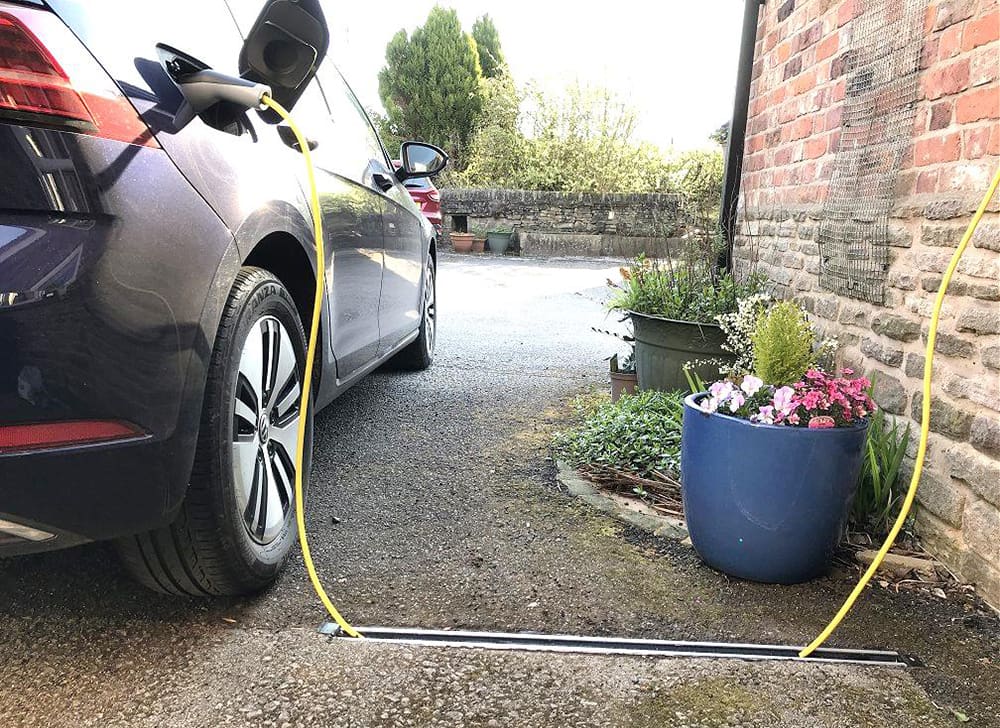UK announces £4.5 billion in funding for various pro-EV measures

As the US government attempts to force our auto industry back into the 20th century, the UK government is pushing forward with electrification. It recently reaffirmed a commitment to phase out the sale of new petrol and diesel cars by 2030, and has announced £4.5 billion in funding for a range of programs to support the transition to zero-emission transport.
The Electric Car Grant program will make some £650 million available for purchase incentives. Automakers will apply point-of-sale discounts of up to £3,750 on EVs priced at £45,000 or less.
There’s also a £63-million package of investments in EV charging infrastructure.
The National Health Service (NHS) will benefit from an £8-million fund to support the electrification of ambulances and medical fleets across over 200 NHS sites. Over 1,200 new charging sockets are to be installed, resulting in “millions in cost savings over the next two decades for the taxpayer on maintenance and fuel costs—valuable savings that can be prioritised for patient care.”
The Local EV Infrastructure (LEVI) Fund (established in 2023) supports local authorities in England to plan and deliver charging infrastructure for residents without off-street parking.
A new grant scheme will help businesses install charging points at fleet depots for heavy goods vehicles, vans and coaches.

Another little goodie: £25 million for cross-pavement charging technology. This is a low-tech approach that allows EV owners who don’t have driveways to run a charging cable safely under the pavement (what we call a sidewalk) to charge their cars on the street using their home power (much cheaper than going to a public charger).
This may seem like a small thing, but Dunstan Power, Director of EV charging provider Versinetic, pointed out its importance. Curbside charging “tackles one of the most persistent challenges in the UK market—the 40% of households without driveways who have been effectively excluded from home charging benefits. Accessing domestic electricity rates at 2 pence per mile, potentially saving £1,500 each year, fundamentally changes the cost of EV ownership for millions of households.”
“We know access to charging is a barrier for people thinking of making the switch, so we are tackling that head on so that everyone—whether or not they have a driveway—can access the benefits of going electric,” said Transport Secretary Heidi Alexander.
According to Gov.uk, the UK was the largest EV market in Europe last year, and the third largest in the world—over 382,000 EVs were sold in 2024, an increase of 20% compared to the previous year.
Source: Gov.uk
Source link
